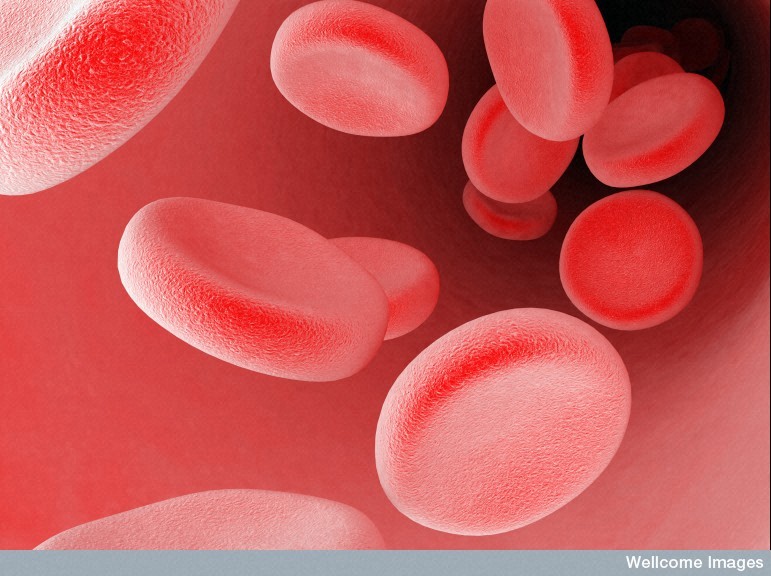Blood is important to how our bodies function. Blood contains red blood cells, white blood cells, and platelets, which carry oxygen, work in the immune system, and help form blood clots respectively. It would not be wrong to claim that blood can be found running everywhere throughout our bodies in blood vessels, considering the many roles that blood plays. However, blood vessels in the brain are particularly important because of the essential materials, such as oxygen, that they provide to enable the brain to function properly. In fact, a brain that is unable to receive a constant supply of blood can lead to stroke, paralysis, and eventually death. We may assume then that the more blood that reaches the brain, the better. Unfortunately, an excess amount of blood can cause a build up of pressure in the brain, resulting in both brain and nerve damage. This suggests that the relationship between blood and the brain is much more complex than we might think. A recent discovery has found that a leakage of blood in the brain stimulates an interesting response from the body.
Image Source: Tommy Flynn
Researchers have shown that blood introduced into the brain causes an autoimmune response that mimics that of multiple sclerosis (MS). Usually, blood is prevented from entering the brain by what is known as the blood-brain barrier, which, similar to the phospholipid bilayer that makes up the cell membrane of all cells, is a semipermeable “wall” of separation, allowing certain materials to cross over while preventing others. The blood-brain barrier keeps blood out of the brain, but when it is broken, nothing can stop the blood from entering the brain. The researchers knew that multiple sclerosis is associated with a breakdown of the blood-brain barrier, but no one knew whether one actually caused the other. In their study, they injected a single drop of blood into the brain of mouse models and found that a protein in blood, fibrinogen, activated immune cells in the brain. The immune cells ordered the body to attack myelin, resulting in the disturbance of messages sent from the brain to other parts of the body and leading to symptoms of MS.
The results of this study may be used to better understand the relationship between blood and the immune system. The study has also revealed that a break in the blood-brain barrier leads to an autoimmune response, not vice versa. As a result, although blood is an essential component in our bodies, it would be wrong to assume that blood cannot cause any harm.
Feature Image Source: B0007649 Blood cells in a blood vessel by Wellcome Images










